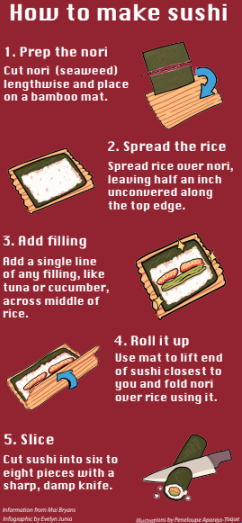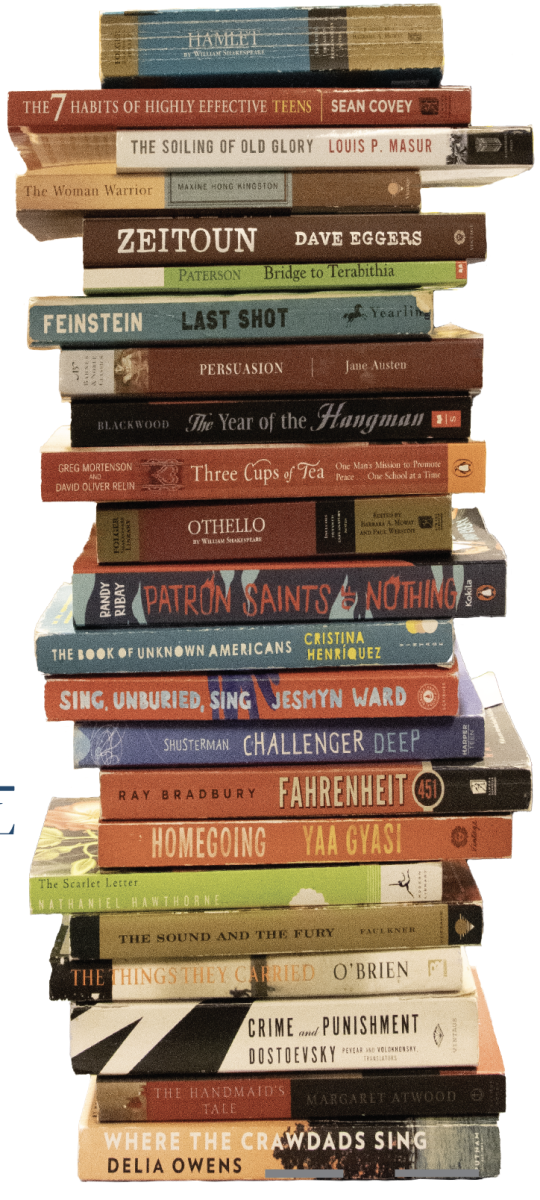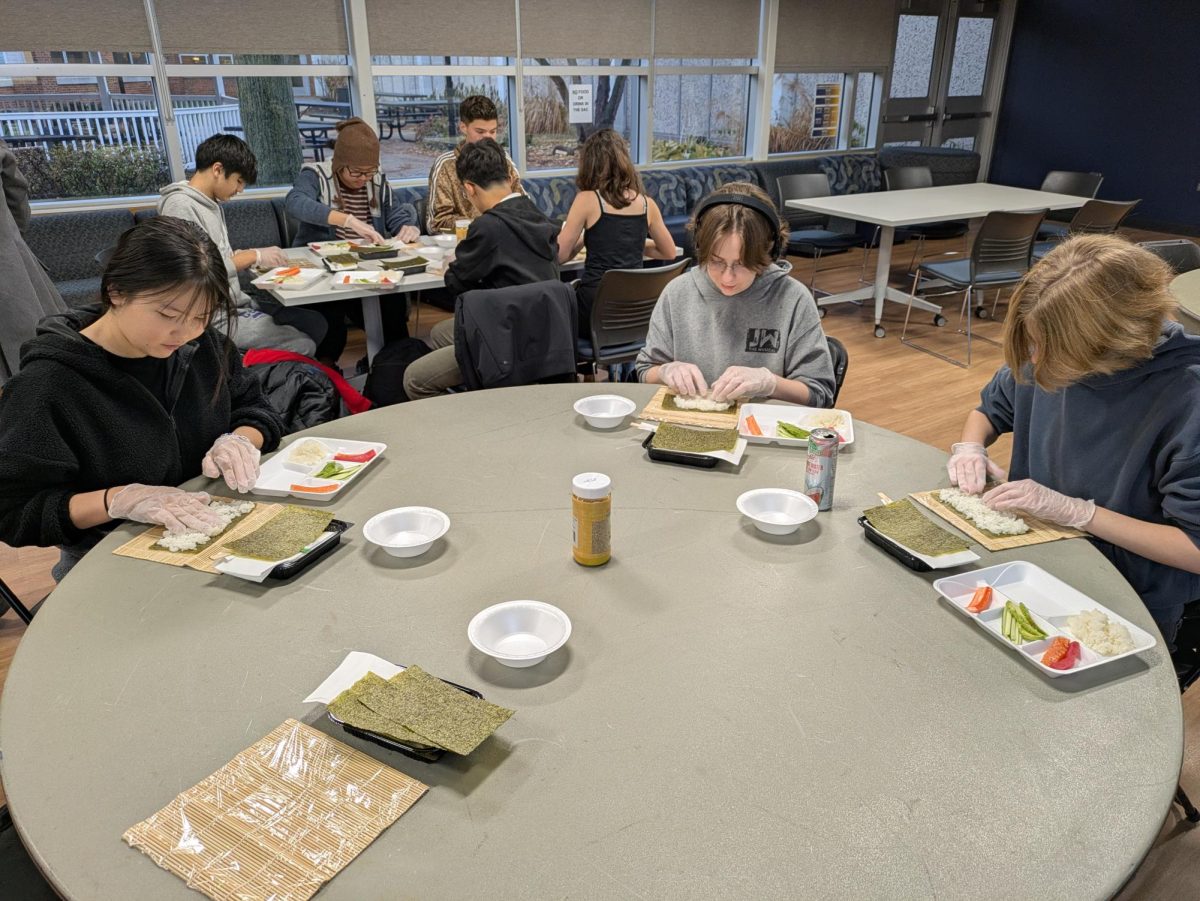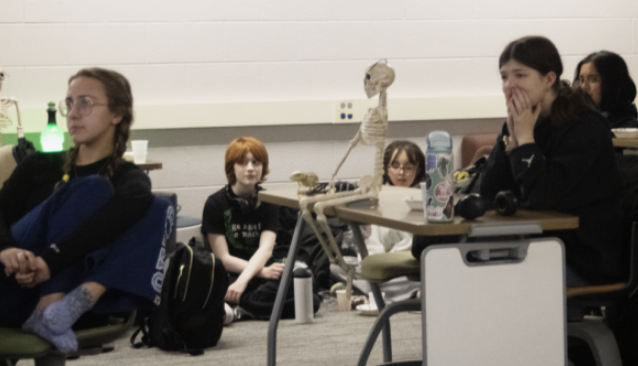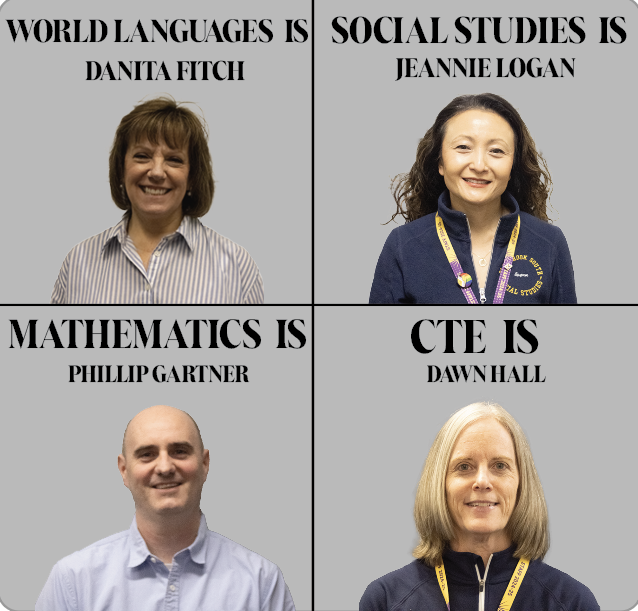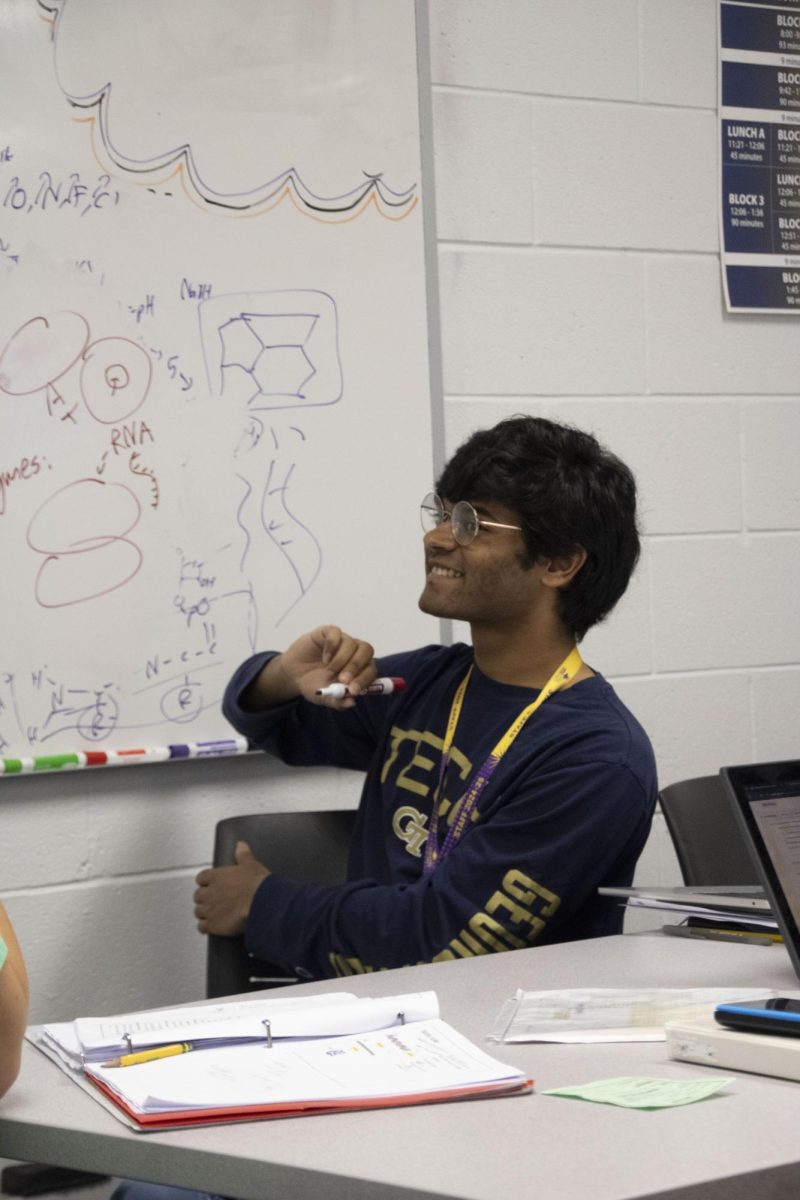While at debate camp this summer, junior Doug Stryker received a call from his parents saying that he had placed second out of 69 students in the 58th Annual Scholarship Examination in Chemistry.
“I was actually pretty surprised [with the results],” Stryker said. “There were a lot of very intelligent people there taking the exam.”
The test was sponsored by the Chicago section of the American Chemical Society: High School Education Committee. Stryker took the exam on May 31 at North Central College. Stryker’s Chemistry/Physics teacher Jim Glynn nominated him and junior Vinny Ahluwalla, who received an honorable mention, to take the exam.
As the second place winner, Stryker will receive a $3,000 award. The first place winner was Samuel Detmer, from Walter Payton College preparatory, who won $5,000, and third place went to Conrad Brenneman of Oak Park-River Forest who received $2,500 in scholarship money.
“[Getting second place] was a pretty big deal to me,” Stryker said. “Obviously there is scholarship money involved with placing second, but also just doing well compared against other people that are also good at chemistry made me feel good about the accomplishments I’ve made in chemistry.”
Stryker explained that science and math have always been his favorite subjects. However, before his sophomore year, Stryker hadn’t been exposed to many specific science courses, including chemistry.
“There was a limited amount of chemistry in middle school and before that, but [sophomore year] was the first organized, structured chemistry class where I really figured out what it was about,” Stryker said.
In order to help Stryker to prepare for the test, Glynn gave him the basic tools to help him succeed.
“Typically for this particular exam, I don’t really do anything outside the classroom,” Glynn said. “I give them some supplemental materials, extra practice exams and things like that, but usually the Chemistry/Physics Class is enough of a preparation.”
According to Glynn, he usually chooses the students to take the test based off who he thinks will do well rather than who has the highest grade in the class. Glynn explained that the test is broken up into two parts: free response and multiple choice, adding that the free response questions usually include multiple steps and can be very challenging.
“I usually select a student who I think is going to do best in that kind of a problem,” Glynn said. “So there [are] a lot of test [taking] strategies [like] keeping your cool, knowing how to figure things out when you know what the answer is, stuff like that. So I thought Doug would be very good at that in particular.”
Prior to the exam, Glynn expected Stryker to do well based on the achievements of South students in past years who have also taken the test, Glynn said.
“Every year that I have done [the exam], with the two students that I have enrolled, at least one of them has come in the top five,” Glynn said. “Including one first place, four second place, and a couple of fifth place finishers.”
While Stryker says he hasn’t really thought about majoring in chemistry or having a related career, it is a subject he would like to pursue in college and throughout his future.




